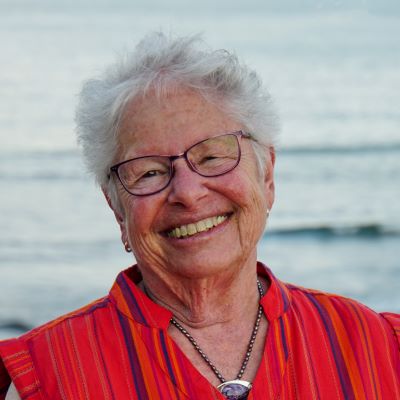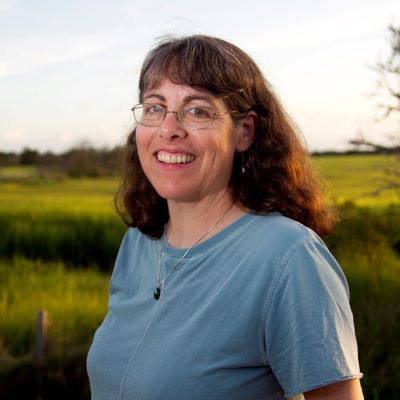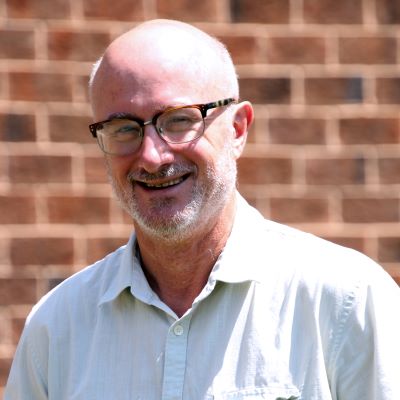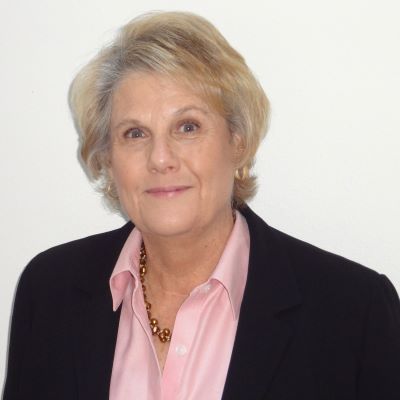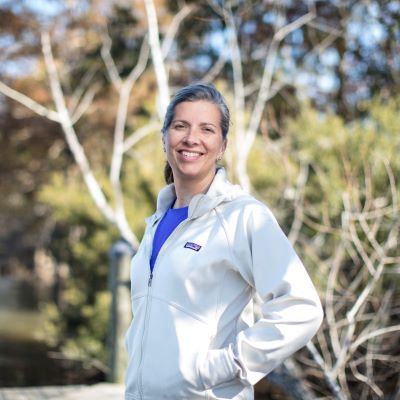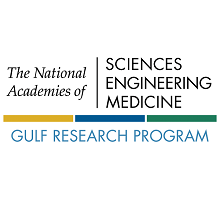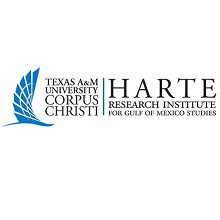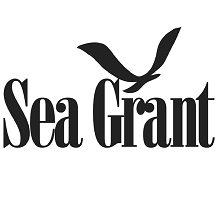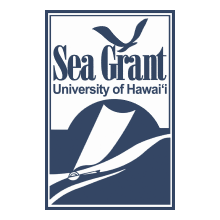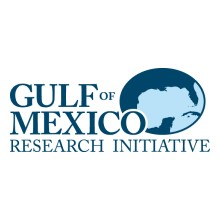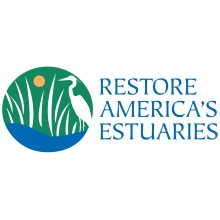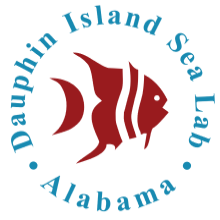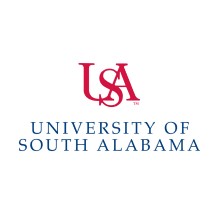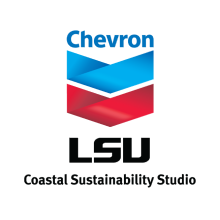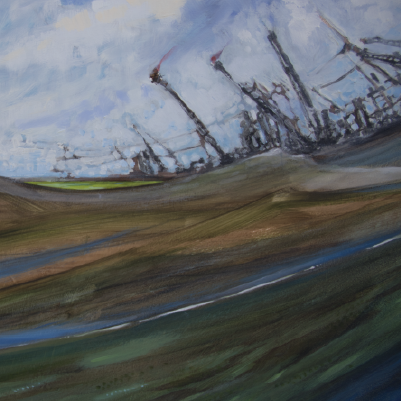- CERF 2019
- Program
- Post-Conference Resources
- Schedule-at-a-Glance
- Keynote
- Plenary Sessions
- Workshops
- Analyzing, Synthesizing, and Communicating Your Data
- Beginner GIS for Ecologists
- Best Practices in Science Communication
- Building and Sustaining Effective Community-Research Partnerships
- Concepts and Controversies in Tidal Marsh Ecology Revisited
- Democratizing Access to Ocean Observing Technology
- Engaging in Coastal Science After Retirement: Brainstorming Options and Opportunities
- Out in the Open: Identifying, Understanding, and Addressing Implicit Bias
- Putting Science "In the Room": Science Communication to Support Decision-Making
- Sharing and Applying Best Practices for Mapping/Monitoring Coastal SAV
- The Next Step with R: Data Management, Graphics, and Functions
- Town Halls
- Cultural Heritage and Coastal Humanities
- The Slave Schooner Clotilda: Hidden but Not Forgotten
- Presenter Resources
- Student Presentation Judging Opportunity
- Activities
- Sponsor/Exhibit
- Student/Early Career
- Live Stream Recordings
- Conference Photos
CERF 2019 Scientific Award RecipientsJoin us in celebrating the 2019 CERF Scientific Award Recipients! The recipients of these awards embody the mission of CERF to advance understanding and wise stewardship of estuarine and coastal ecosystems worldwide by promoting research; supporting the education of scientists, decision-makers, and the public; and facilitating communication among these groups. The Federation thanks our Scientific Awards Committee chair, Linda Schaffner, as well as all of the subcommittee chairs and committee members, for their tireless efforts to recruit and select the outstanding recipients of this year’s awards. CERF also thanks the many nominators and letter writers that supported the exceptional nominations received this year.
Odum Award for Lifetime AchievementThe Odum Award is named for the three outstanding ecological scientists in the Odum family: Dr. Howard T. Odum; Dr. Eugene P. Odum; and Dr. William E. Odum, III. It honors an individual whose record of sustained accomplishments has made important contributions to our understanding of estuaries and coastal ecosystems.
Dr. Iris Anderson stands out as a trailblazer and leader in the fields of shallow-water estuarine and coastal ecosystem biogeochemistry and ecology, outstanding mentor and role model, very appropriately filling the mold of the Odum family legacy. In addition to her numerous accomplishments in these research, teaching, and outreach areas, the impacts of Iris’ work are all the more significant given her non-traditional path. She navigated a PhD program as the only woman in her class, paused her education to raise a family, and found a passageway back to gaining her doctorate and an outstanding record of professional achievements, having most recently served as Dean of Graduate studies at the Virginia Institute of Marine Science (College of William & Mary). Iris’ career serves as a strong reminder to the CERF community that scientific excellence can be enhanced and informed by non-linear trajectories. In addition, Iris has been inspirational for many young scientists. She frequently engages students in detailed conversations about their research and freely offers both advice and encouragement. Her research has evolved over time to keep pace with cutting-edge techniques and topics of broad interest to estuarine ecologists. She has a long history of working with a diverse cadre of scientists and students on a broad range of both scientific and applied topics that have clarified our understanding of complex biogeochemical processes in freshwater and marine habitats. This is reflected in her excellent first author high-impact publications and syntheses, and also in the many groundbreaking, highly cited, interdisciplinary publications that she has shared as co-author with a long and impressive list of students, technicians, and colleagues. Iris has been a tireless contributor to the broader field of estuarine and coastal science and CERF in particular as a co-Editor of Estuaries and Coasts, and she continues to serve a very active, broad-based role in the review and editorial process. Lastly, despite her long and rewarding career path, we note that Iris is far from “being done” as a solid contributor and pacesetter in estuarine and coastal science. She continues to be a tireless, creative, interactive, giving, and distinguished researcher, teacher, and role model, worthy of this year’s Odum Award. Cronin Award - Early AchievementThis award recognizes the significant accomplishments of an estuarine scientist who is in the early stages of their career development. The recipient will have shown great promise with work carried out during the first six years past the PhD.
Dr. Christine Angelini is an Assistant Professor at the University of Florida Gainesville in Environmental Engineering Sciences. An NSF CAREER awardee, Christine performs expansive and innovative studies at the intersection of experimental ecology and ecosystem engineering while engaging and mentoring young scientists in simultaneous efforts to address conservation and management issues. Christine has uniquely applied her deep ecological knowledge to questions of connectivity across the broad estuarine landscapes, from subtidal zones to terrestrial watersheds, with work in salt marshes, mangroves, sand dunes, oyster reefs, seagrass beds, and live oak savannahs. Her focus on resilience and the critical role that foundation species play in estuarine systems have produced an amazing suite of publications that contributed significantly to our mechanistic understanding of natural systems. Christine has translated this knowledge into restoration initiatives, including collaborative efforts with the public, natural resource managers, and coastal engineers to re-design living shorelines and rebuild coastal wetlands and dunes. There is little doubt that Christine’s leadership, creativity, and passion for science and conservation has motivated and broadened public awareness about the importance of estuaries and their fragility. Her students and colleagues alike write that she is an extremely gifted teacher, communicator, and an amazing female academic role model. One needs only need to glance at her CV to note her collaborative nature. Her scholarship, leadership, dedication to mentorship and education make her an ideal choice for the 2019 Cronin Award. Margaret A. Davidson Award - StewardshipThis award was established to honor Margaret A. Davidson's distinguished career in coastal resource management and her support of the application of science to the wise stewardship of estuaries and coasts. The Davidson award recognizes an individual that demonstrates extraordinary leadership, service, innovation, and commitment to the management of estuarine and coastal systems. Other CERF awards focus on research and education excellence; this award will recognize those who have worked in the estuarine and coastal arena and excelled in management and policy.
Merryl Alber Dr. Merryl Alber has demonstrated extraordinary leadership, service, innovation, and commitment to the management of estuarine systems. She formed the Georgia Coastal Research Council, which has fostered productive working relationships between over 150 researchers and resource managers for 17 years. Merryl has taught coastal policy courses to graduate students for 20 years and inspired many students to careers in management and policy. She has also served as a scientific leader, as Director of the University of Georgia Marine Institute as well as Principal Investigator of the Georgia Coastal Long Term Ecological Research program. Dr. Alber has served as the Managing Editor of Coastal and Estuarine Science News, which translates key scientific papers for resource managers and policy makers, since 2005, and she has served on numerous workgroups and committees dedicated to activities devoted to environmental stewardship. She has also written a children’s book about the salt marsh. Throughout her distinguished career, Merryl Alber has embodied the passion and commitment to management that Margaret Davidson pioneered. Pritchard Award - Physical Oceanography PaperThis award was established to honor Dr. Donald W. Pritchard, whose insightful research on the physical dynamics of coastal systems set the stage for much of the research in physical oceanography that is being conducted today. The Pritchard Award recognizes the author(s) of the best physical oceanography paper published in Estuaries and Coasts within the two-year interval between CERF conferences. Authors: Christopher K. Sommerfield Stefan A. Talke Paper: "Impact of channel deepening on tidal and gravitational circulation in a highly engineered estuarine basin"
The scaling of Hansen and Rattray (1965) indicates that estuarine circulation should increase with the depth cubed. However, Chant et al. note that increasing depth also increases salinity intrusion length, thereby decreasing the along-estuary salinity gradient. In the scaling proposed by Chant et al., the decrease in salinity gradient offsets the depth increase, suggesting instead that estuarine circulation is independent of depth. Similarly, they show that the change in salinity intrusion predicts that stratification should decrease with depth rather than increasing. Using observational data, Chant et al. further show that estuary geometry can prevent landward salinity intrusion and thereby contradict their revised scaling. Their scaling offers a template to evaluate physical changes in other estuaries where the salinity gradient is less constrained by estuary geometry. William A. Niering Outstanding Educator Award To recognize the central role that education plays in achieving the objectives of our society, the Federation's Governing Board established an award named for a leader in estuarine education, Dr. William A. Niering. The Award is for an individual who has played a particularly important role in education at any level -- from primary school to the graduate level, inside or out of the classroom, or in the education of the general public through outreach activities.
Susan Bell Dr. Susan Bell is a deserving recipient of the 2019 Niering Outstanding Educator Award based on the depth and breadth of her contributions to teaching and mentoring. The CERF Governing Board states that “the Award is for an individual who has played a particularly important role in education at any level—from primary school to the graduate level, inside or out of the classroom, or in the education of the general public through outreach activities.” Over the 39 years of her academic career, Susan has played all these roles and has been acknowledged for them by her nominator and in the letters from her former students. While her deepest contribution is toward her graduate students, she is also an excellent teacher and research mentor for undergraduates. She contributes to society through her applied work and training of applied scientists who now serve at every level, both in resource management as well as academia. She has also been active in K-12 education, and has been a strong role model as a female in science. Two quotes from her letters were particularly compelling: “She has a unique ability to provide support while constantly challenging students” and “She is not afraid to take on new challenges when advising untraditional students.” For these reasons, we award Susan Bell the Niering Award at CERF 2019. Distinguished Service AwardThe Distinguished Service Award recipient is selected by the CERF President for their exceptional volunteer service to the Federation.
Ruth Carmichael Dr. Ruth Carmichael has served CERF in numerous ways over the past decades that have been key to the growth and impact of the Federation. Through sustained leadership and steadfast commitment to CERF’s vision, Ruth’s volunteer service has strengthened CERF’s capacity to promote research, stewardship, and education in coastal and estuarine systems. Ruth began volunteering for CERF in 2001 as a student attending her first CERF conference: she actively sought opportunities to help, ended up stuffing swag bags, and had so much fun that she went on to serve many subsequent conferences in roles of ever-increasing responsibility. She has assisted with workshop development; served as Workshops Chair for multiple conferences; and is currently serving as the Attendee Experience Committee co-chair for the 2019 Biennial CERF Conference, ensuring that CERF 2019 will be a fun, welcoming, and inclusive experience for all. Ruth first served on the CERF Governing Board in 2011 as President of the Gulf Estuarine Research Society (GERS). She was instrumental in expanding the composition, scope, and activities of the GERS Governing Board, and consequently the reach of CERF science throughout the Gulf coast. She was later elected to the CERF Governing Board as a Member-at-Large where she led development of strategies to enhance the quality of CERF publications. As chair of the CERF Publications Committee, Ruth has been a continuous champion for Estuaries and Coasts, CERF’s Up!, Coastal and Estuarine Science News, and the textbook Estuarine Ecology, navigating needs, inspiring innovations, and coordinating calendars among a multitude of editors, publishers, and volunteers with skillful aplomb. For her long-term, exceptional volunteer service to the Federation, CERF awards Ruth the Distinguished Service Award. |
|||||||||||||||||

